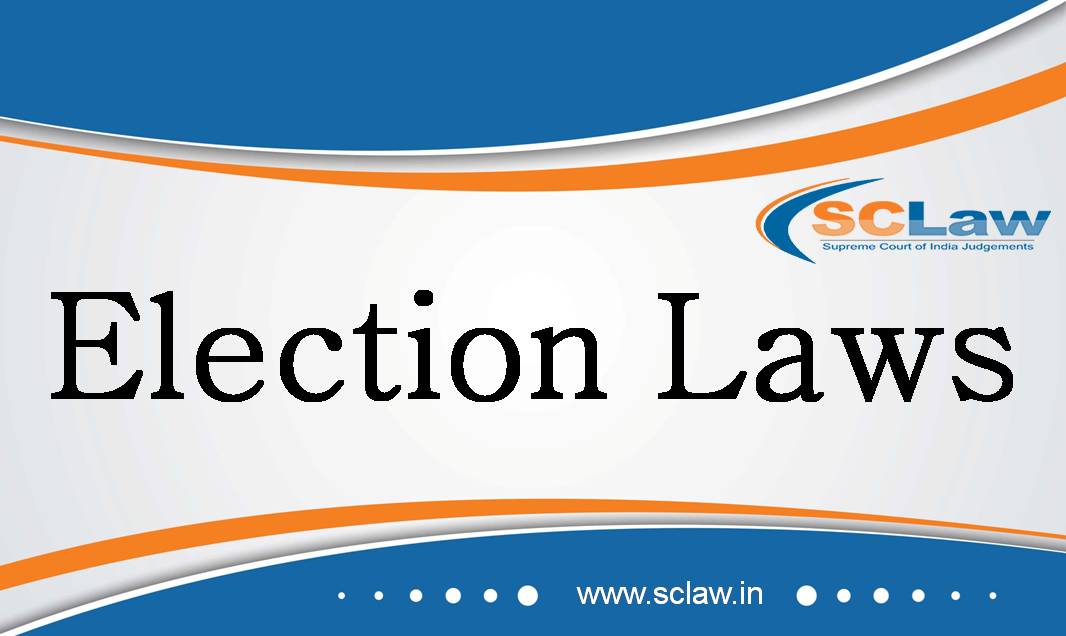(IPC) – Sections 148 and 307 – ideal that independent witnesses come forward to substantiate the prosecution case but it would be unfair to expect the presence of third parties in every case at the time of incident, for most violent crimes are seldom anticipated. Any adverse inference against the non – examination of independent witnesses thus needs to be assessed upon the facts and circumstances of each case
SUPREME COURT OF INDIA FULL BENCH ROHTAS AND ANOTHER — Appellant Vs. STATE OF HARYANA — Respondent ( Before : N.V. Ramana, Surya Kant and Aniruddha Bose, JJ. ) Criminal…










